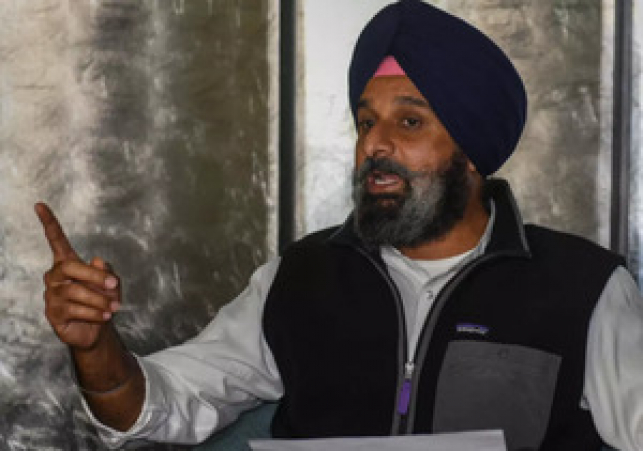

The government of Narendra Modi breathed a sigh of relief on Monday as the Supreme Court dismissed Devas Multimedia's appeal against the decision of the National Firm Law Appellate Tribunal (NCLAT), which maintained the NCLT's order to wound up the company.
The Union of India's case against the arbitration award for Devas, which is currently being considered by a Netherland court, would have been weakened if the Modi government had not taken prompt action by ensuring that ISRO's commercial arm, Antrix, moved the NCLT for liquidation of Devas on allegations of fraud. The Devas-Antrix contract was signed in 2005 and revoked in 2011 by the Manmohan Singh government after allegations of corruption but without triggering the national security provision.
While the Supreme Court's decision has bolstered India's case internationally, it is clear that the Narendra Modi government has spent a significant amount of time trying to clean up the mess left by the previous UPA administration - be it a retrospective tax, oil bonds, defaulting on CST payments to states, or the country's ballooning fiscal deficit. Let's take a look at each one individually.
Bonds of oil
Retail fuel prices did not keep up with global crude oil prices during the UPA administration, resulting in enormous under-recoveries for oil marketing businesses. Rather than paying oil businesses through gasoline subsidies, the government transformed under-recoveries into long-term oil bonds and deferred payments. The Modi government is now paying the price for the UPA's incompetence, as interest on oil bonds worth 1.3 lakh crores issued by the previous UPA regime amounts to about ten billion rupees every year.
NPA in distress
Non-performing assets (NPAs) or bad loans, which have wreaked havoc on the banking sector, are another legacy of the UPA era that the current NDA administration must deal with. Thousands of crores were given to politically linked fat cats by public sector banks during the previous regime, frequently without due diligence. In some circumstances, defaulters were able to obtain fresh loans in order to repay their previous debts.
Promises to states are being broken
The move to a value-added tax, or VAT, resulted in a progressive reduction in the central sales tax (CST), which was dispersed among the states. Despite repeated pledges from the UPA government that states will be compensated for lost CST collections, the promise was never kept.
The Modi government granted a CST compensation of Rs. 33000 crore in 2015, restoring confidence in the Centre-State relationship and clearing the path for the GST implementation. The truth is that the previous administration did not appropriately transfer the tax burden to states. According to the CAG, the Centre devolved less than the due share of taxes to the states for numerous years between 2004 and 2014 as a result of mistrust between the Centre and the states.
Deficit spending is high
Another landmine was left behind in the form of a huge fiscal deficit. Under UPA II, the average fiscal deficit was between 2% and 5% of GDP. To minimize inflationary pressures and significant borrowings, an immediate course correction was required. Since 2014, the Modi government has maintained budgetary discipline without sacrificing welfare measures for the poor or adding to the burdens of the middle class.
Taxation in retrospect
The UPA regime revised the Income Tax Act in 2012 to tax transactions involving the sale and transfer of shares outside India, where the underlying assets are in India, retroactively. India's image as an investor-friendly country has been tarnished by the controversial retrospective tax revisions. Furthermore, India suffered worldwide embarrassment as a result of the modification, which resulted in legal fights with Vodafone and Cairn, resulting in legal setbacks for the country. The Modi government was tasked with correcting this error.